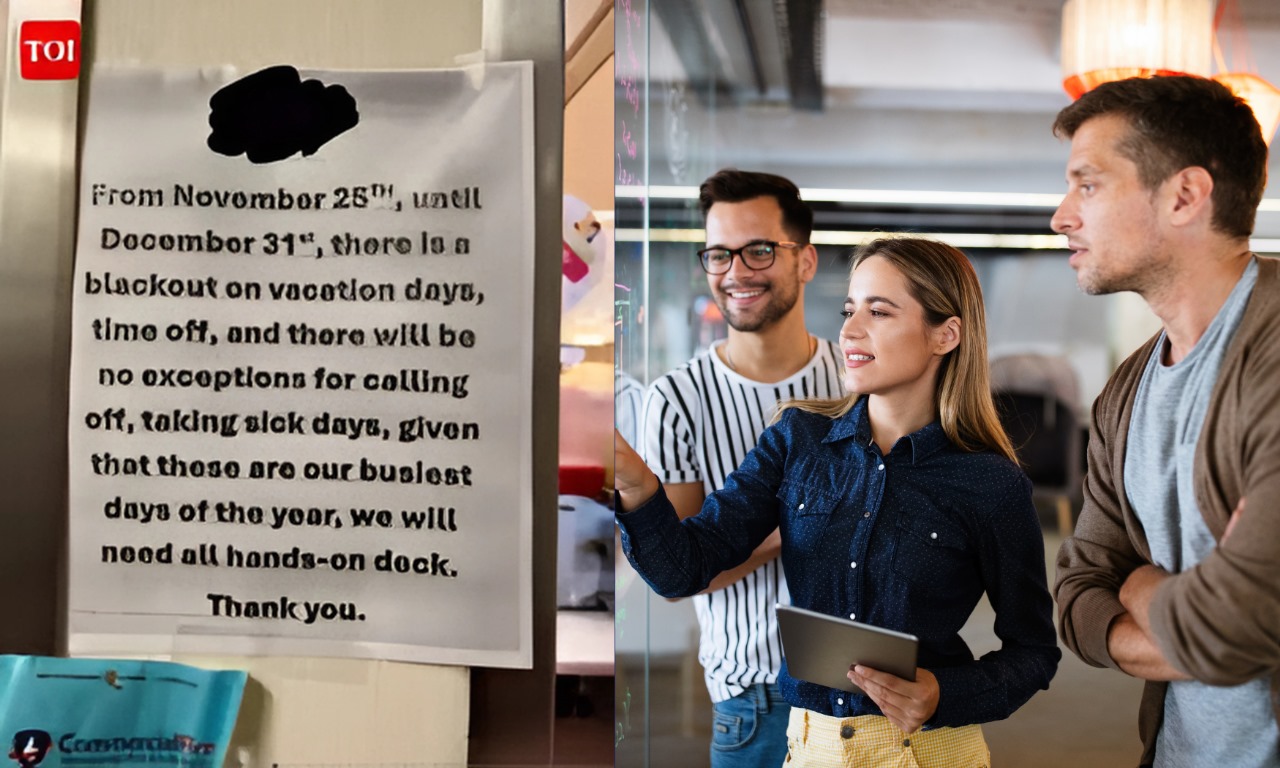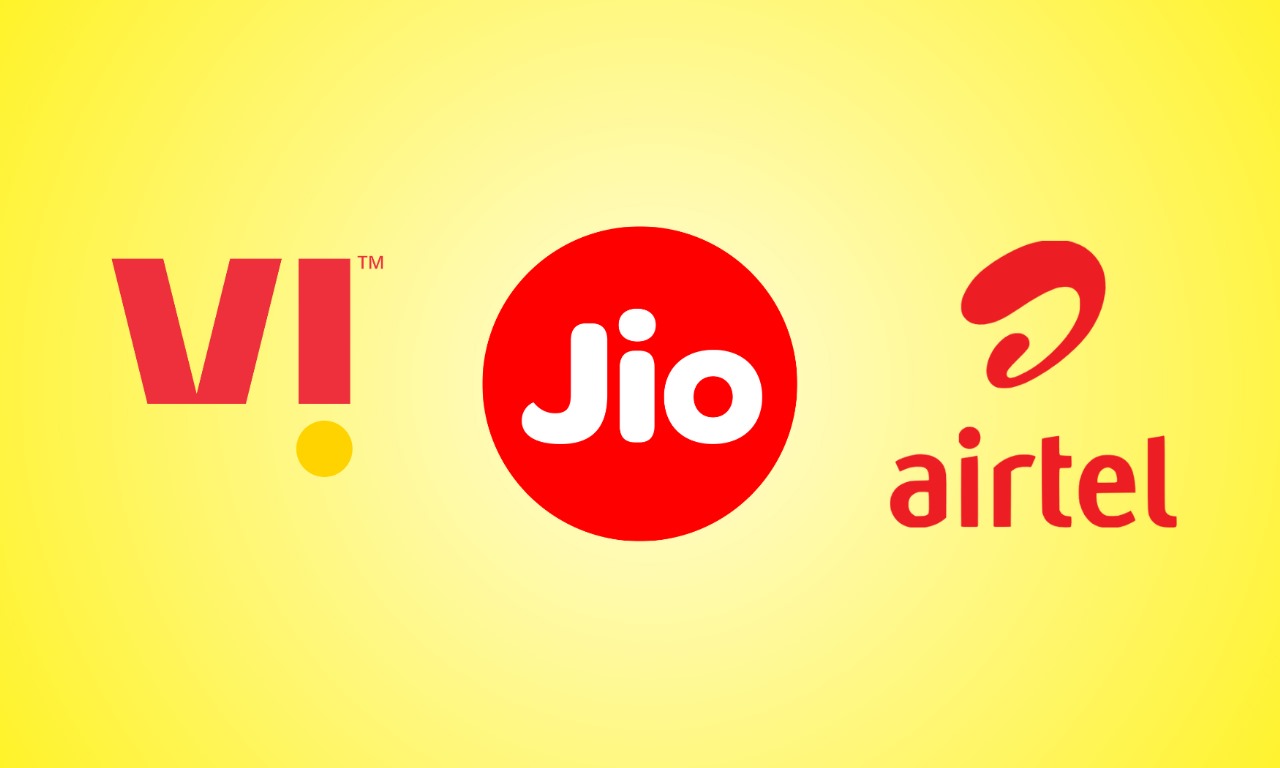Holiday Crunch Controversy: Company Faces Backlash Over Sick Leave Ban

Employers often restrict employee leaves during peak business periods, particularly in industries with high seasonal demand. While such policies are common, a recent notice enforcing a strict “blackout” period—barring even sick days—has caused widespread backlash online.
The notice, shared on Reddit, has drawn criticism from social media users, who questioned the ethics of prohibiting sick leave.
The notice detailed the employer’s policy, which banned vacation or sick leave from November 25 through December 31, citing the need for “all hands on deck” during the busiest time of the year.
The tone, which allowed no exceptions, sparked outrage from users who criticized the company’s disregard for employee well-being and the unrealistic expectations placed on workers.
Details of the Policy
The notice stated, “From November 25th until December 31st, there is a blackout on vacation days, time off, and there will be no exceptions for calling off, taking sick days, given that these are our busiest days of the year, we will need all hands-on deck. Thank you.”
While many Reddit commenters acknowledged that such policies are common in retail, hospitality, and other service industries, they argued that including sick days in the restriction was excessive and unreasonable.
Critics pointed out that it discouraged employees from prioritizing their health, potentially endangering both workers and customers.
Reactions and Experiences
Social media users shared personal experiences with similar policies, describing how these restrictions often felt arbitrary and unfair. One individual recounted working under conditions where vacation and sick time were heavily restricted during peak periods, sometimes lasting months.
They highlighted the irony of employers demanding unwavering availability while relying heavily on their workforce.
Others questioned the logic of such rigid policies, arguing that banning sick days increases the risk of spreading illness among staff, undermines morale, and could lead to higher turnover as employees seek workplaces that value their well-being.
While blackout periods for vacation time are standard in industries like retail and hospitality, many commenters emphasized the importance of reasonable boundaries.
They recognized that employees in these sectors often work through busy holidays but stressed that prohibiting sick days crossed a line.
Viral Outrage and Criticism
The company’s policy became widely criticized after an employee shared the directive on Reddit.
One user sarcastically commented, “If you die, you have to inform management 3 days prior,” mocking the policy’s extreme nature. Another wrote, “Why does corporate think this is ok? God forbid I get sick. Company doesn’t give a s**t.”
Some users drew comparisons to more employee-friendly approaches. For instance, one commenter highlighted a local coffee shop that closes for the entire month of January while still paying its employees, calling it a refreshing contrast to the restrictive policy.
Worker Rights and Corporate Responsibility
The controversy highlights the ongoing debate around worker rights and corporate responsibility. Many commenters noted that companies imposing such stringent restrictions risk damaging employee morale and loyalty.
Enforcing a no-sick-day rule during peak holiday seasons not only raises ethical concerns but could also result in longer-term consequences like higher employee turnover.
Comments from Social Media
The policy’s backlash was intensified by a flood of comments from Reddit users. Some shared personal anecdotes about toxic workplace cultures, while others suggested ways to highlight the absurdity of such policies.
One user humorously proposed, “Call in with something highly contagious and say you’re still willing to come in, but want to meet with your managers first to make sure it’s okay.”
Another commenter contrasted the restrictive policy with a supportive approach, mentioning a local coffee shop run by two sisters who shut down every January and still pay their employees as a gesture of gratitude.
The shared experiences and alternative examples underline the growing demand for more empathetic corporate practices, particularly during the challenging holiday season.









